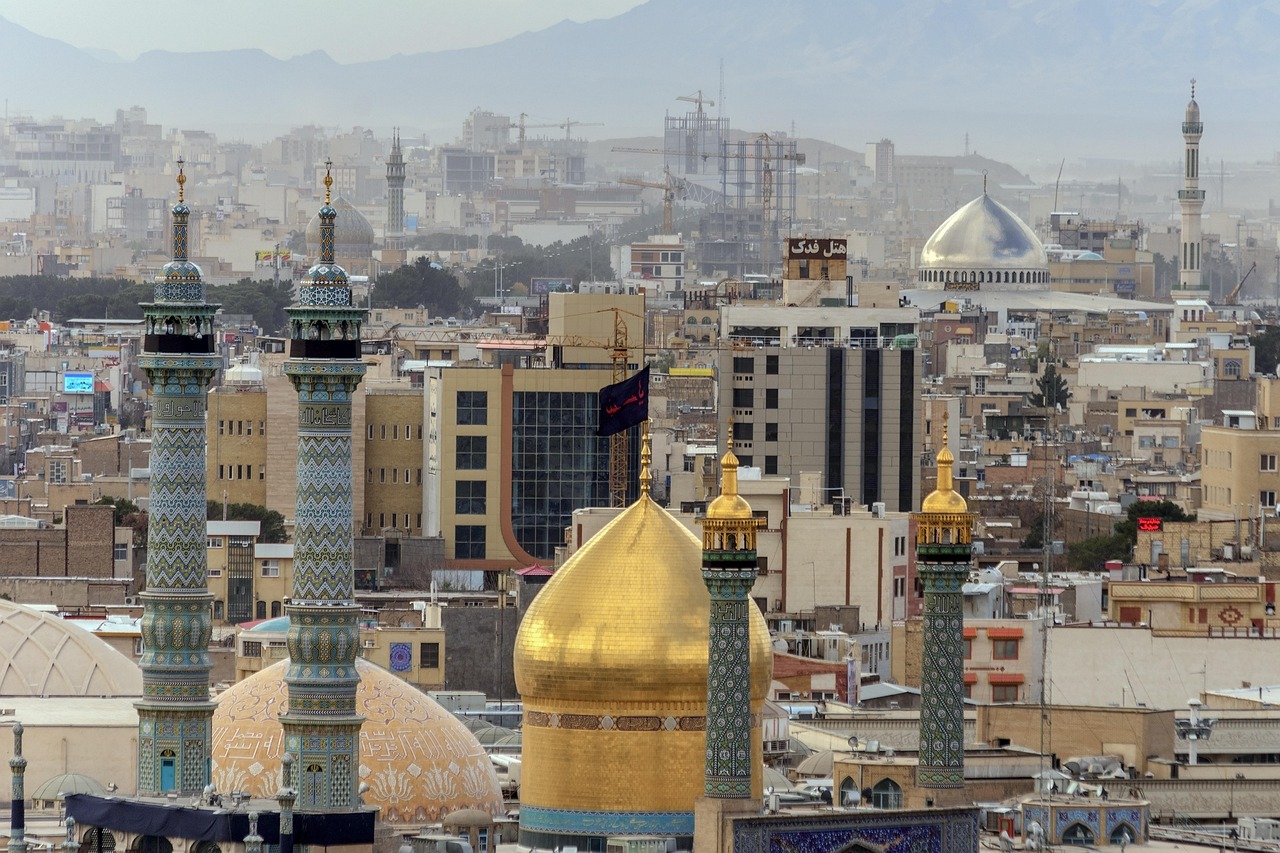World
UN Urges Action Against Iran’s Surge in Death Penalty Executions

UN member states have been urged to confront Iranian authorities regarding the alarming rise in executions within the country. On March 7, 2025, Hussein Baoumi, Deputy Regional Director of Amnesty International, highlighted that more than 1,000 executions have occurred in Iran since the year began. Baoumi emphasized the growing trend of using the death penalty as a means of repression against dissent and marginalized communities, particularly following the “Woman, Life, Freedom” protests that began in 2022.
Escalation of Executions
The current rate of executions in Iran is unprecedented, averaging around four per day, a pace not seen since 1989. According to Baoumi, Iranian authorities have been attempting to “normalize” these executions, which he described as a tactic to instill fear among the populace. The death penalty has been increasingly applied to individuals accused of vague and politically motivated charges, including “enmity against God” and “corruption on earth,” alongside those convicted of drug-related offenses.
Amnesty International criticized the Iranian judicial system, stating that the death penalty is often imposed following “grossly unfair” trials. These trials frequently take place in “Revolutionary Courts,” which lack independence and are believed to work in tandem with Iran’s security and intelligence agencies. Communities from lower socioeconomic backgrounds and oppressed ethnic minorities, such as Afghans, Ahwazi Arabs, Baluchis, and Kurds, are disproportionately affected by these executions.
International Legal Standards
Iran is a signatory to the International Covenant on Civil and Political Rights, which stipulates that the death penalty may only be applied for the most serious crimes and in accordance with existing laws at the time of the crime. Article 6(2) of the treaty affirms the inherent right to life and prevents arbitrary deprivation of life. The article states that any death sentence must follow a final judgment from a competent court.
Additionally, Article 6(4) ensures that anyone sentenced to death has the right to seek pardon or commutation of their sentence. In a report from September 2024, UN experts expressed serious concerns over the rising number of executions in Iran, describing it as a significant escalation that contravenes international human rights law.
Iran is among only four countries worldwide, along with Singapore, China, and Saudi Arabia, that confirmed executions for drug offenses in 2024. Amnesty International’s data indicates that global executions surged to their highest level since 2015, highlighting a troubling trend in capital punishment practices.
The call from Amnesty International for UN member states to take a stand against Iran’s use of the death penalty reflects a broader international concern for human rights and legal standards in the country. As executions continue to rise, the pressure on Iranian authorities may increase, prompting potential discussions on reform and accountability in the future.
-

 Health2 months ago
Health2 months agoNew Gel Offers Hope for Regrowing Tooth Enamel in Dentistry
-

 Science2 months ago
Science2 months agoUniversity of Hawaiʻi at Mānoa Joins $25.6M AI Initiative for Disaster Monitoring
-

 Science1 month ago
Science1 month agoALMA Discovers Companion Orbiting Red Giant Star π 1 Gruis
-

 Lifestyle1 month ago
Lifestyle1 month agoPark Jung Min’s Endearing Moment with Hwasa Steals Show at Awards
-

 Science2 months ago
Science2 months agoIROS 2025 to Showcase Cutting-Edge Robotics Innovations in China
-

 Lifestyle2 months ago
Lifestyle2 months agoStone Island’s Logo Worn by Extremists Sparks Brand Dilemma
-

 Lifestyle2 months ago
Lifestyle2 months agoSampson County Celebrates Susie Faison’s 100th Birthday Milestone
-

 Lifestyle2 months ago
Lifestyle2 months agoMary Morgan Jackson Crowned Little Miss National Peanut Festival 2025
-

 Health2 months ago
Health2 months agoStartup Liberate Bio Secures $31 Million for Next-Gen Therapies
-

 Health2 months ago
Health2 months agoTop Hyaluronic Acid Serums for Radiant Skin in 2025
-

 Science2 months ago
Science2 months agoArizona State University Transforms Programming Education Approach
-

 Politics2 months ago
Politics2 months agoJudge Considers Dismissal of Chelsea Housing Case Citing AI Flaws









